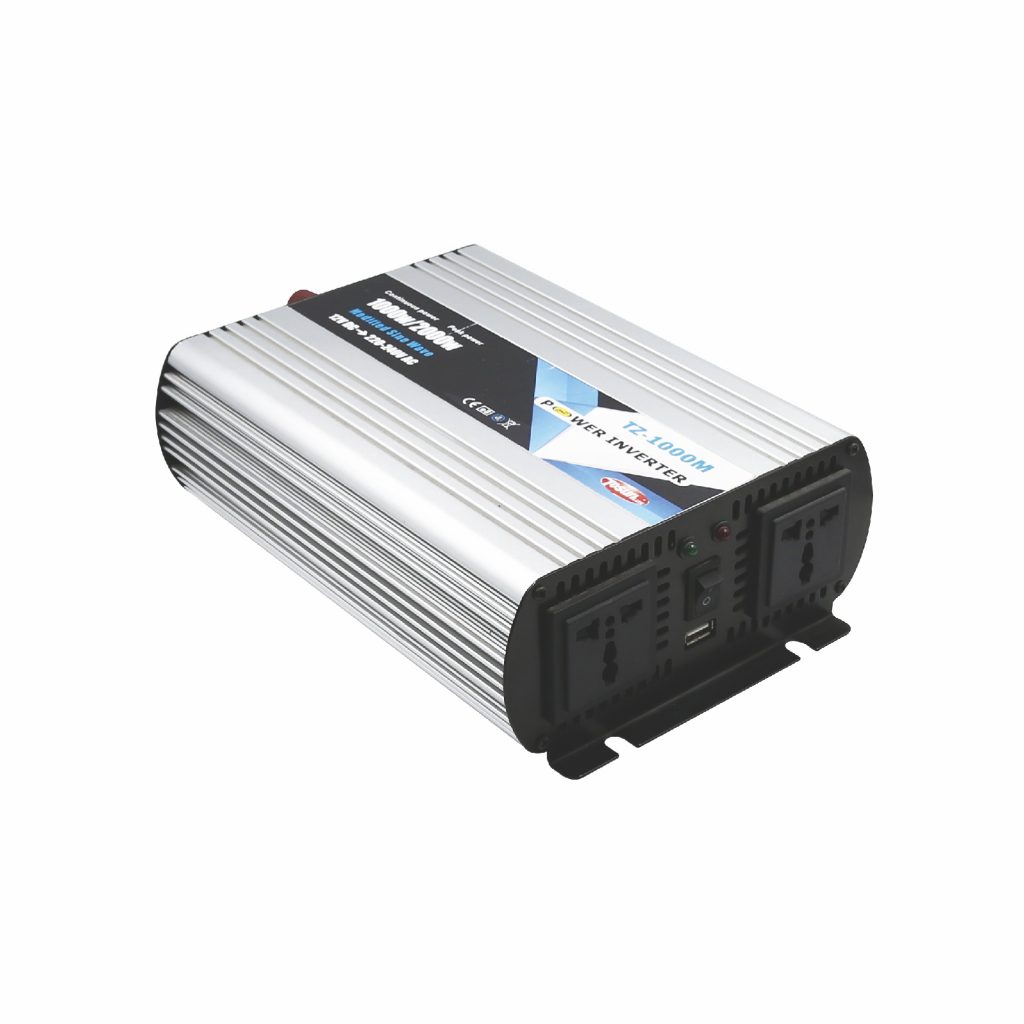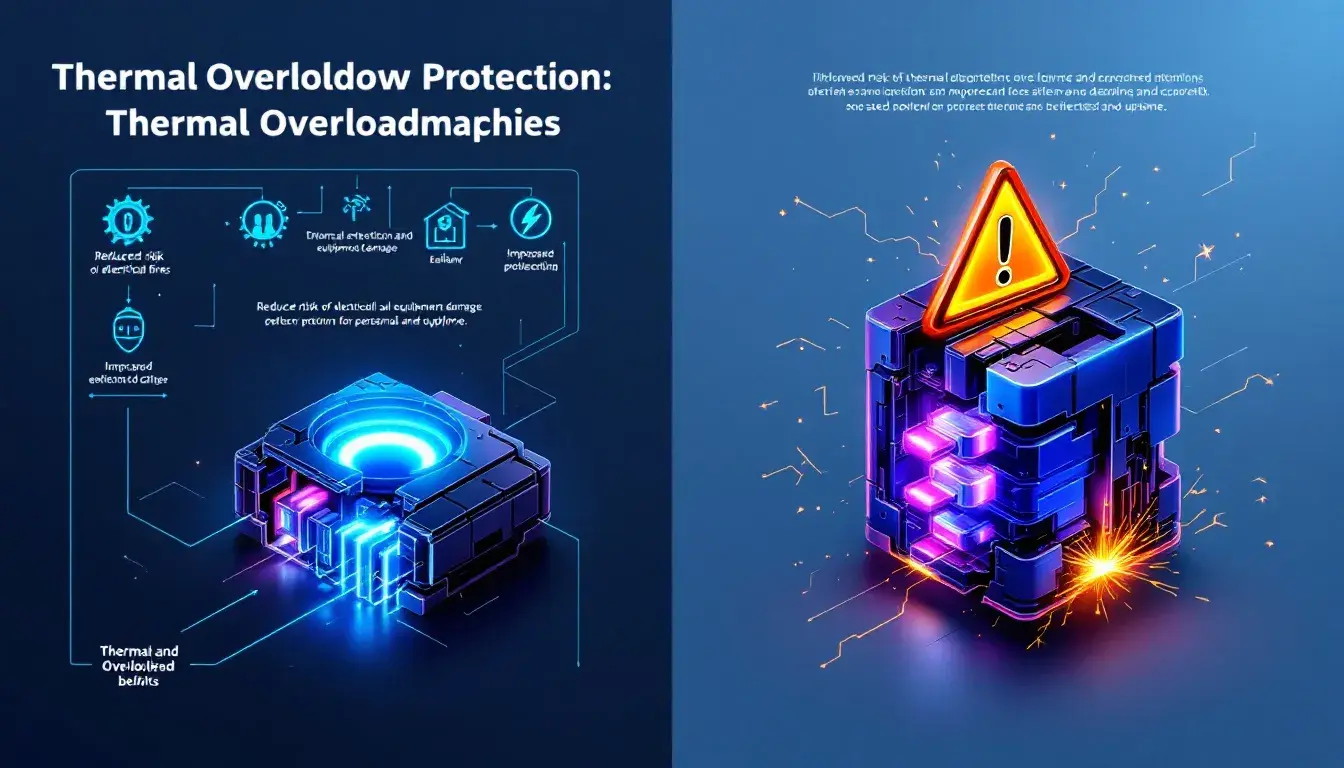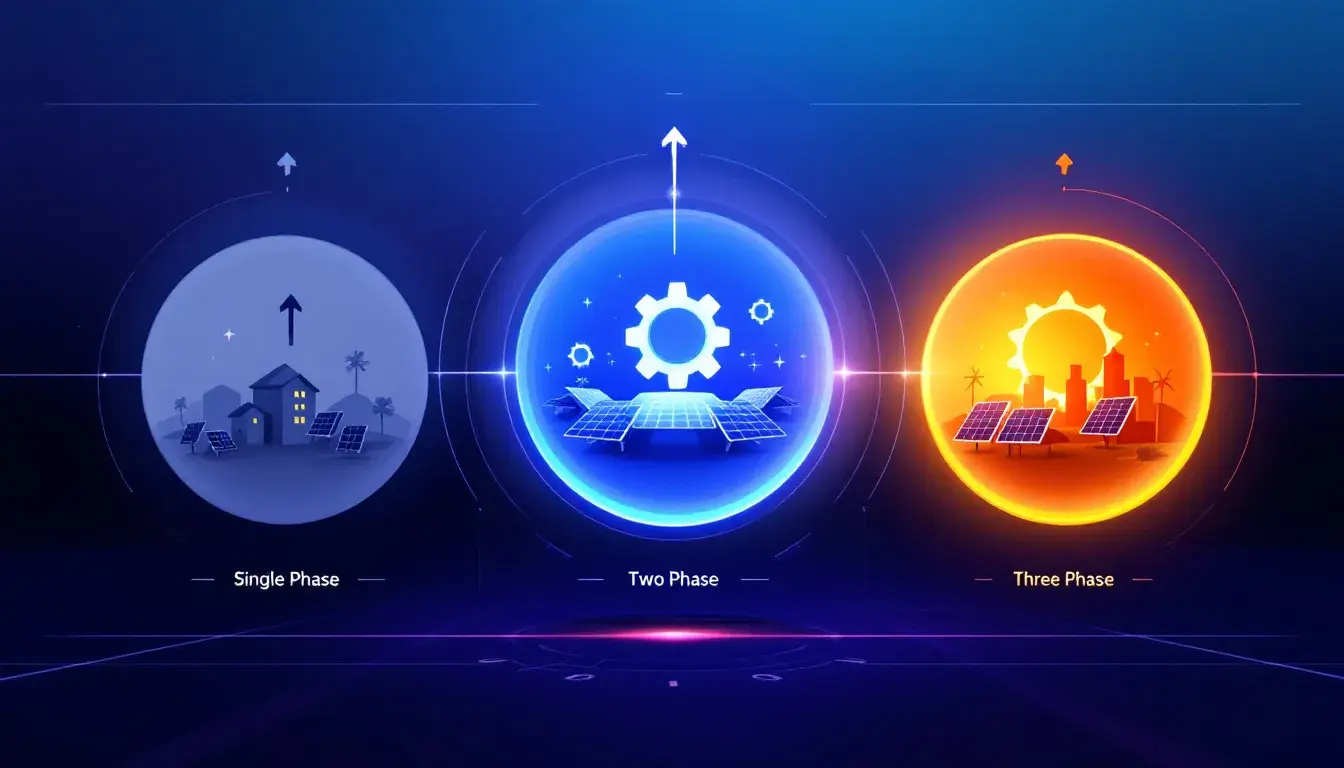What Equipment Is Used for Solar Panel Systems?
Table of Contents
ToggleSolar power systems have become increasingly popular as a sustainable and cost-effective alternative to traditional energy sources. A typical solar panel system has several components that work together to convert sunlight into usable electricity.
Key Components of a Solar Panel System
Solar Panels
The most visible and crucial component of a solar energy equipment setup, solar panels are responsible for capturing sunlight and converting it into direct current (DC) electricity. Solar panels are made up of photovoltaic (PV) cells, which are typically constructed from silicon materials.
Inverters
Since most household appliances and electrical devices operate on alternating current (AC), the DC electricity generated by the solar panels needs to be converted. Inverters perform this critical function, converting DC to AC electricity.
There are two types of inverters: string and micro inverters. String inverters are centralized units that handle the output from multiple solar panels, while microinverters are mounted on each panel for more granular control and monitoring.
Mounting Systems
Solar panels need to be securely attached to the roof or ground to withstand various weather conditions. Mounting systems provide a stable and durable foundation for the panels. There are different types of mounting systems available, including roof-mounted, ground-mounted, and pole-mounted options.
Monitoring Systems
To track the performance and efficiency of a solar panel system, monitoring systems are often installed. These systems provide real-time data on energy production, consumption, and system health. Monitoring can be done through web-based platforms or mobile apps, allowing users to keep tabs on their solar equipment remotely.
Factors to Consider When Choosing Solar Equipment
Quality and Efficiency
Invest in high-quality solar panels and inverters from reputable manufacturers to ensure optimal performance and longevity. Look for panels with high-efficiency ratings and low degradation rates. Similarly, choose inverters with proven reliability and a good track record in the industry.
Compatibility
Ensure that all components of your solar panel system are compatible with each other. This includes matching the voltage and current ratings of the panels, inverters, and batteries (if applicable).
Warranty and Support
Pay attention to the warranty coverage provided by the manufacturers of your solar equipment. Longer warranties often indicate higher quality and reliability.
Size and Capacity
Determine the appropriate size and capacity of your solar panel system based on your energy requirements and available space.
Budget
While it’s important to invest in quality solar equipment, it’s equally crucial to consider your budget. Strike a balance between cost and performance.
Harness the Power of the Sun with Tosunlux
Tosunlux is a trusted provider of top-quality solar energy equipment. We offer a comprehensive range of components to meet your specific needs and requirements.
Whether you’re looking to install a residential rooftop system or a large-scale commercial solar array, Tosunlux has the expertise and products to bring your solar energy goals to life.
Don’t settle for subpar solar equipment. Choose Tosunlux and experience the difference that comes with investing in quality, reliability, and efficiency.
Contact us to learn more about our solar equipment offerings
Tel: +86-577-88671000
E-mail: ceo@tosun.com
Skype: tosunelectric
Wechat: +86-139 6881 9286
WhatsApp: +86-139 0587 7291
Address: Room No.1001 Wenzhou Fortune Center,Station Road, Wenzhou, China
REQUEST A QUOTE
WhatsApp us
 : +86-139 0587 7291
: +86-139 0587 7291 English
English Español
Español Русский
Русский Français
Français العربية
العربية Português do Brasil
Português do Brasil Українська
Українська Türkçe
Türkçe Polski
Polski Nederlands
Nederlands Italiano
Italiano Bahasa Indonesia
Bahasa Indonesia हिन्दी
हिन्दी اردو
اردو አማርኛ
አማርኛ Հայերեն
Հայերեն ไทย
ไทย Монгол
Монгол فارسی
فارسی Shqip
Shqip Ελληνικά
Ελληνικά



